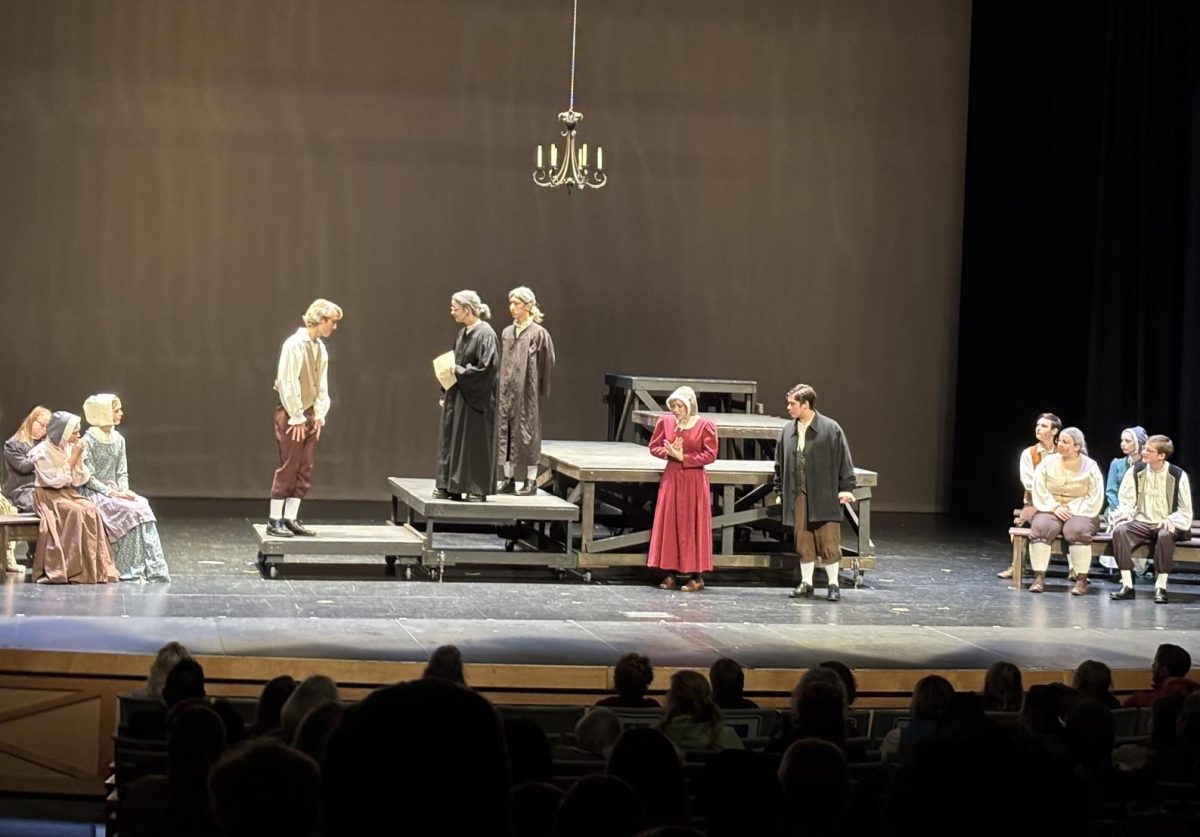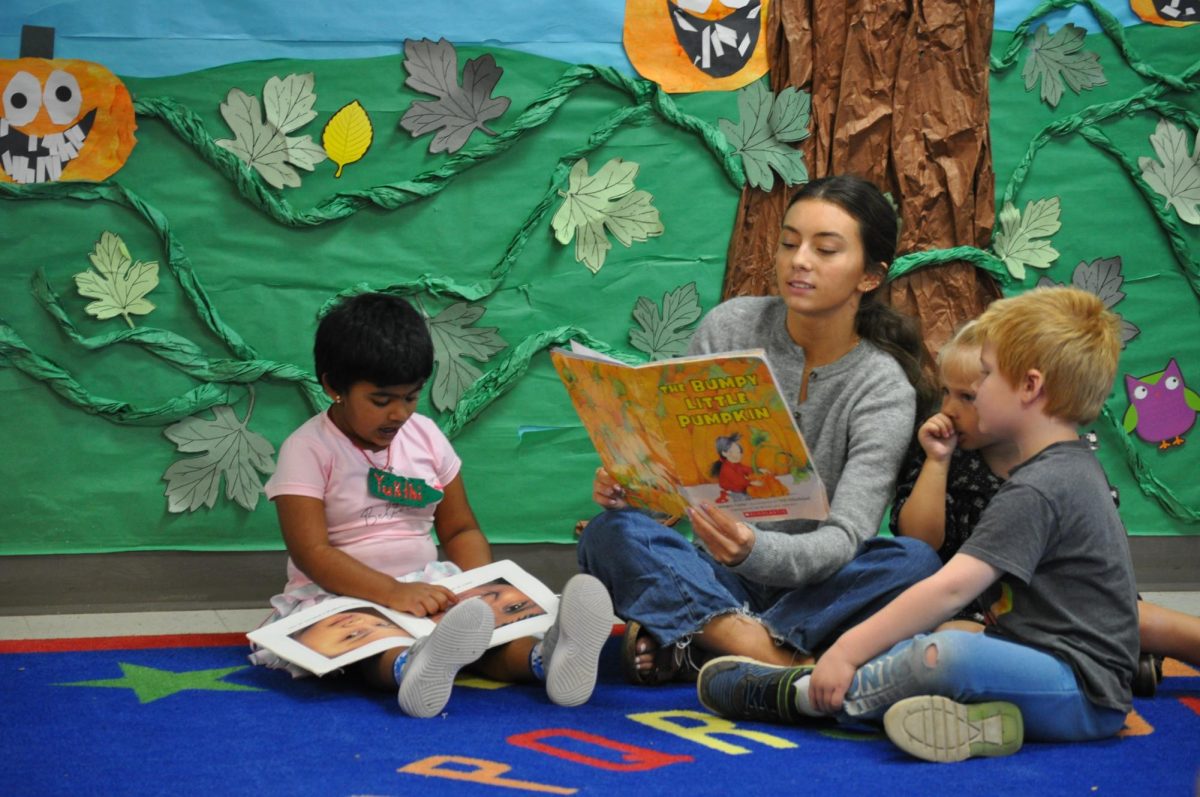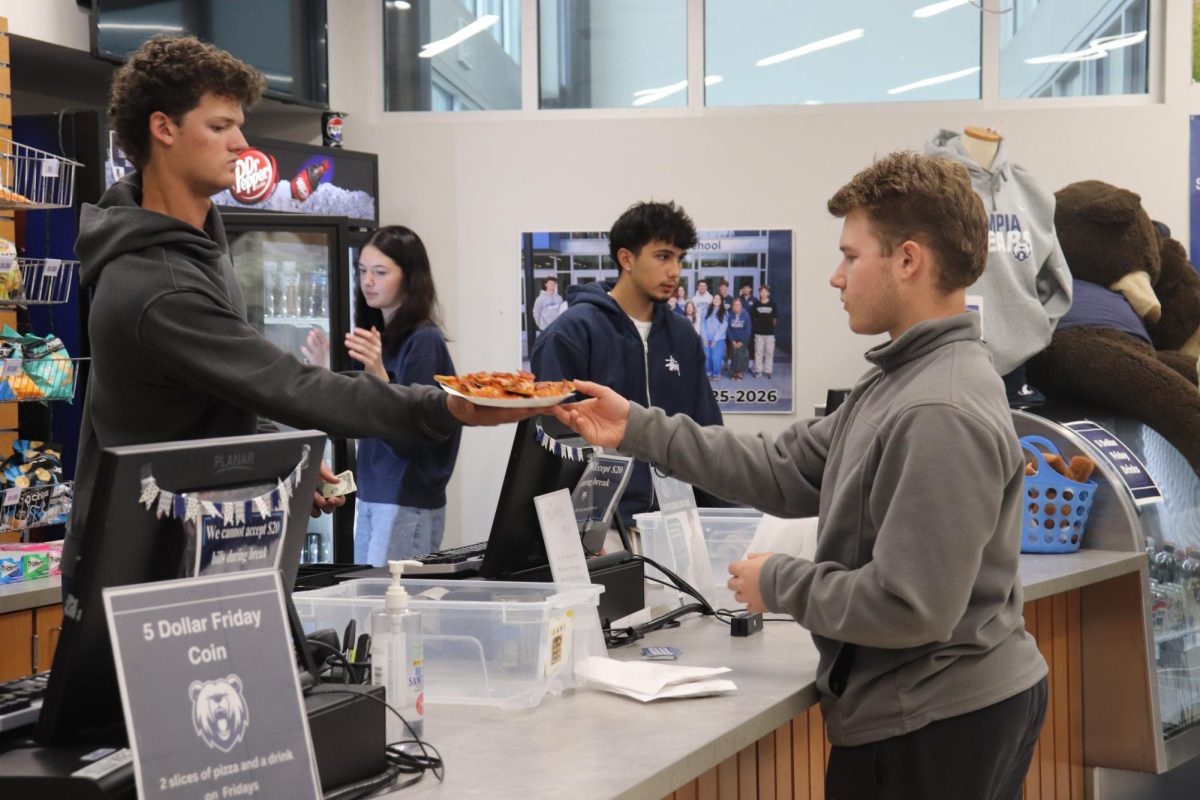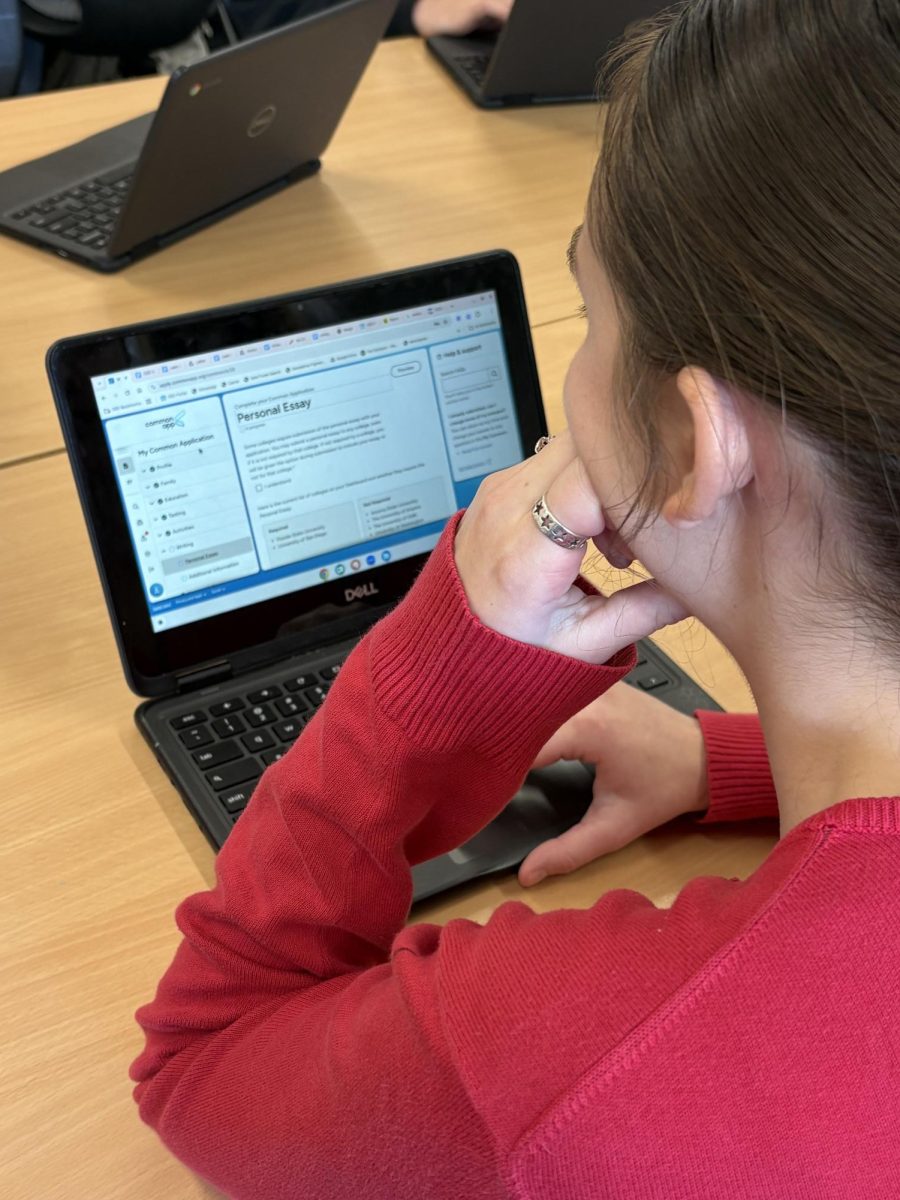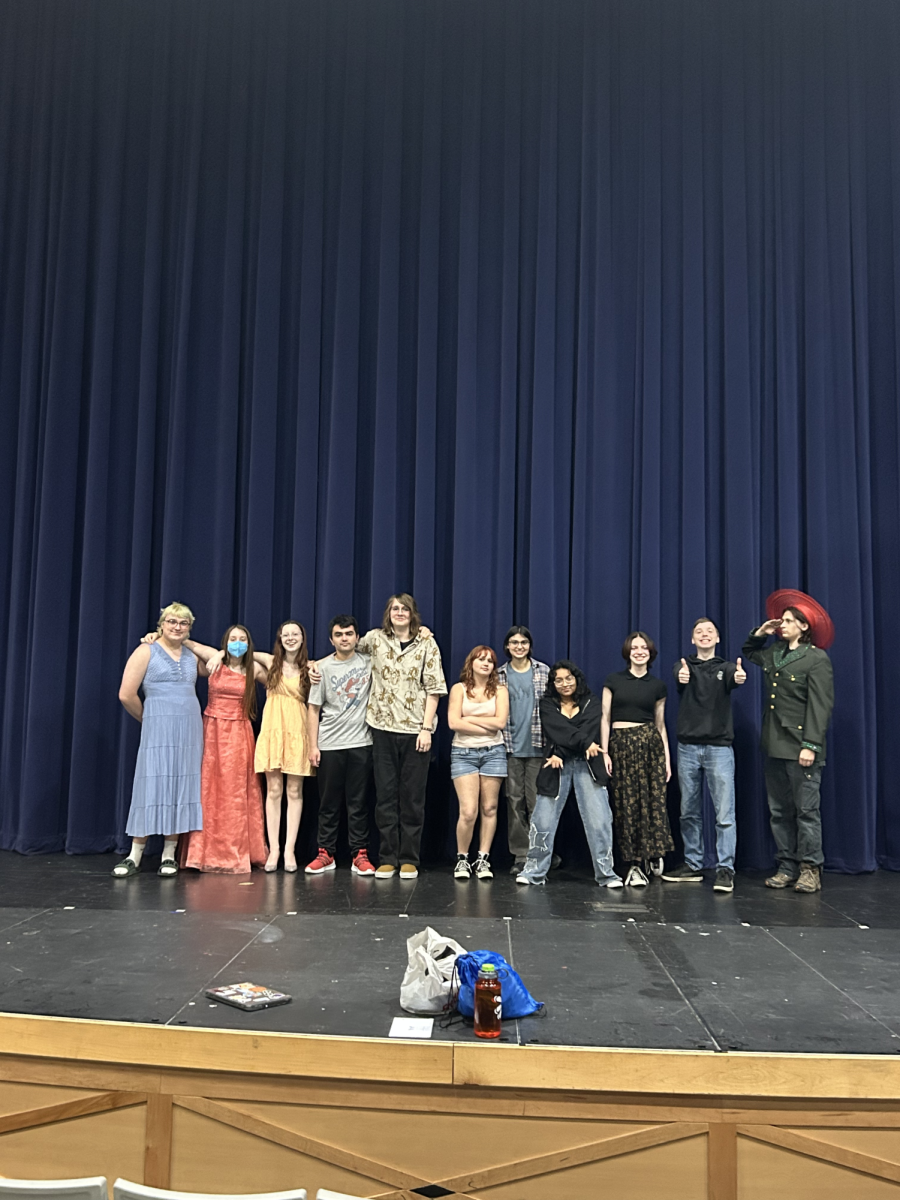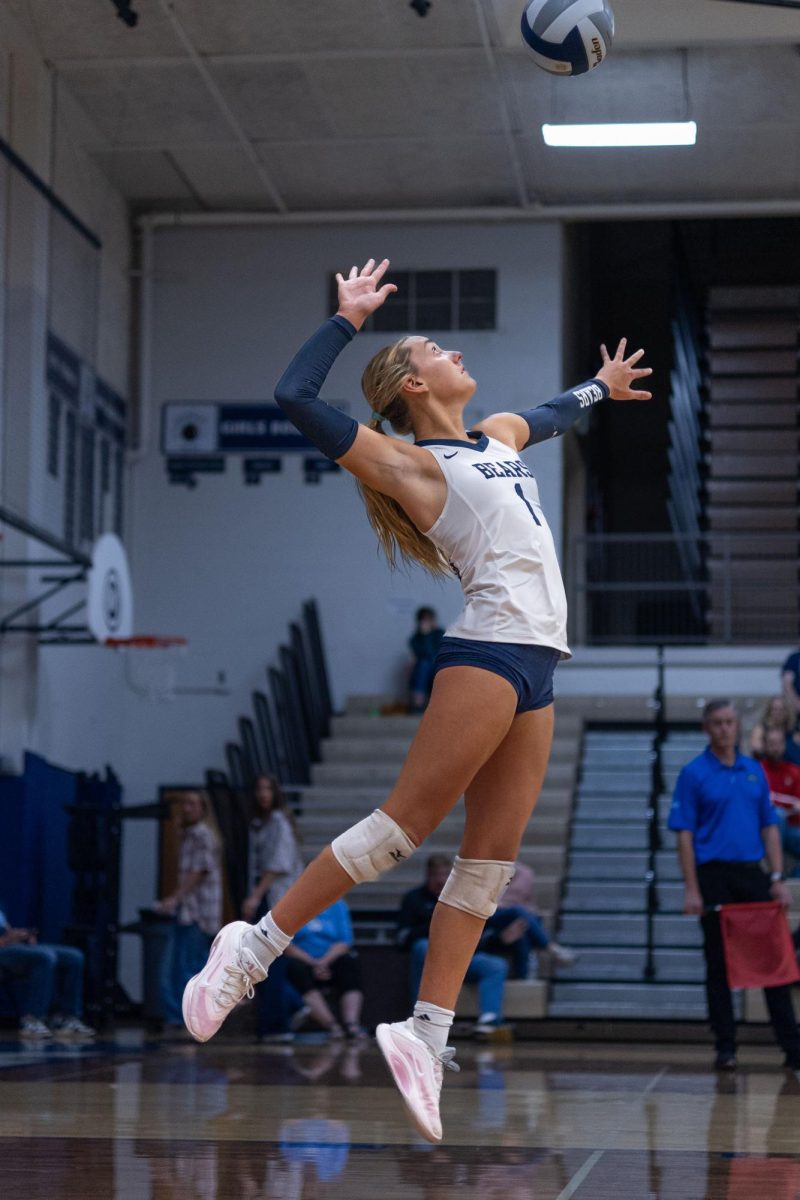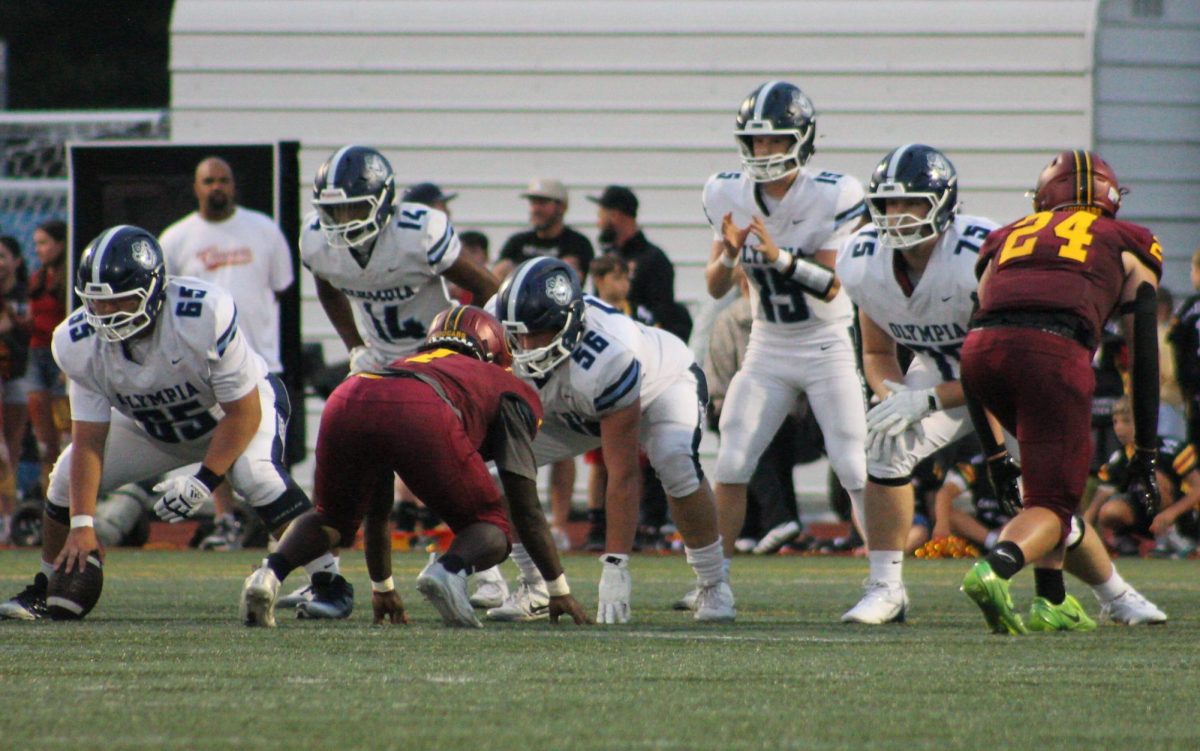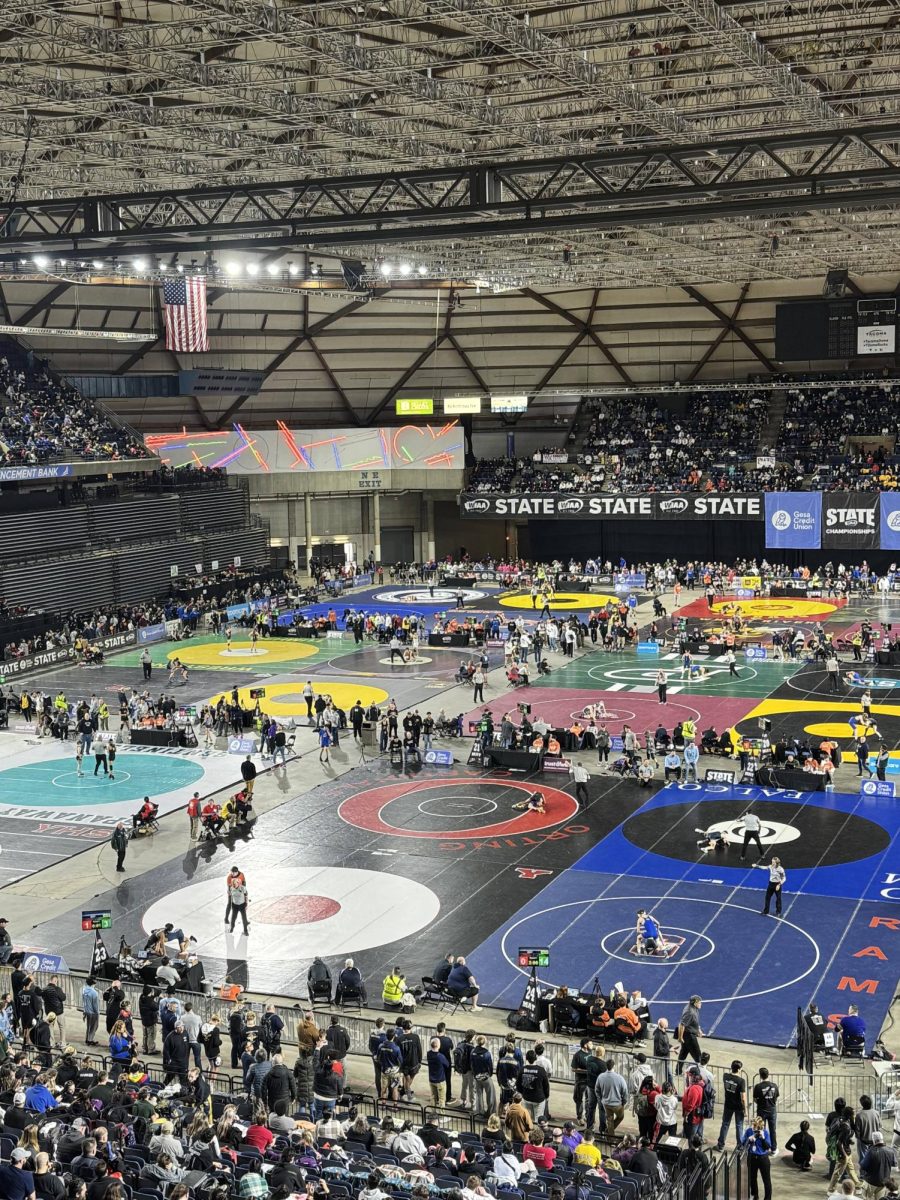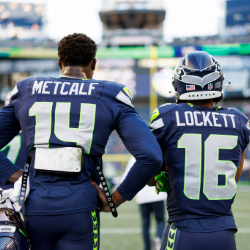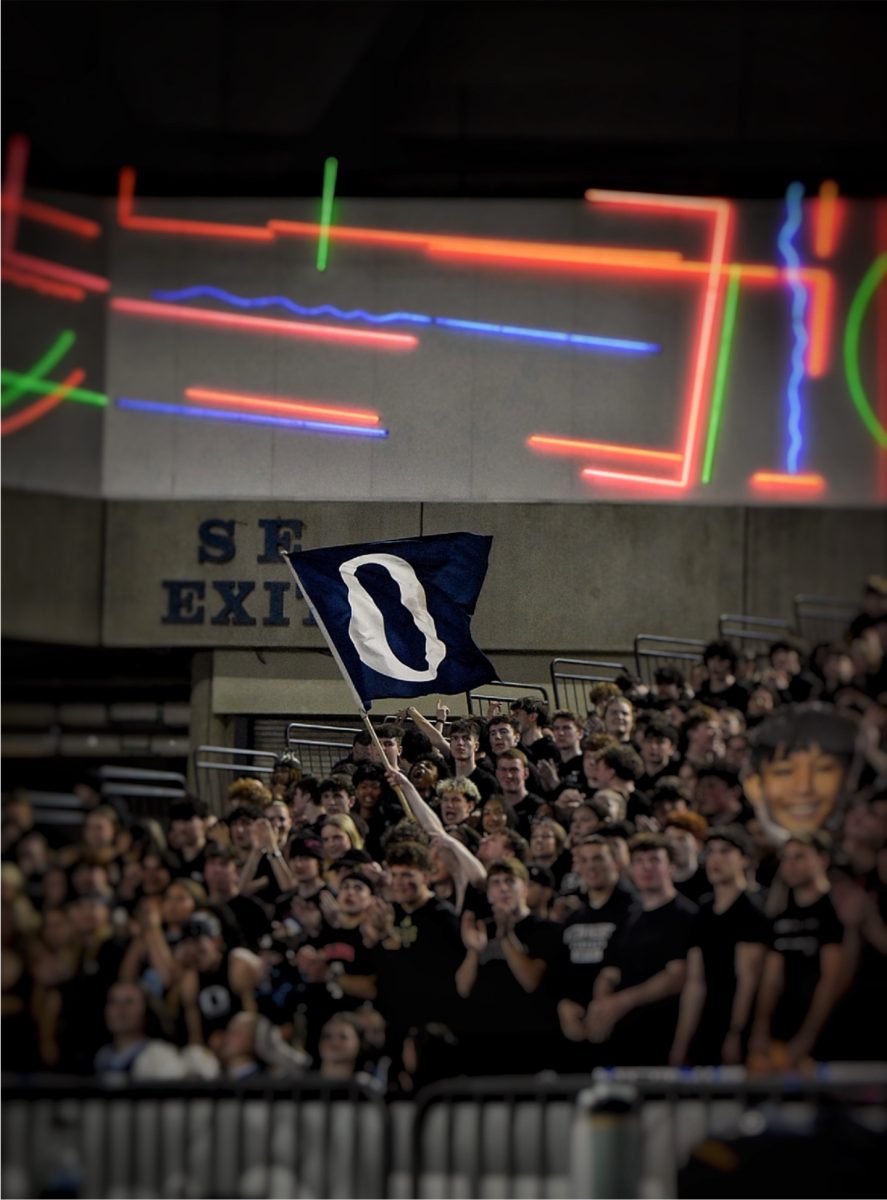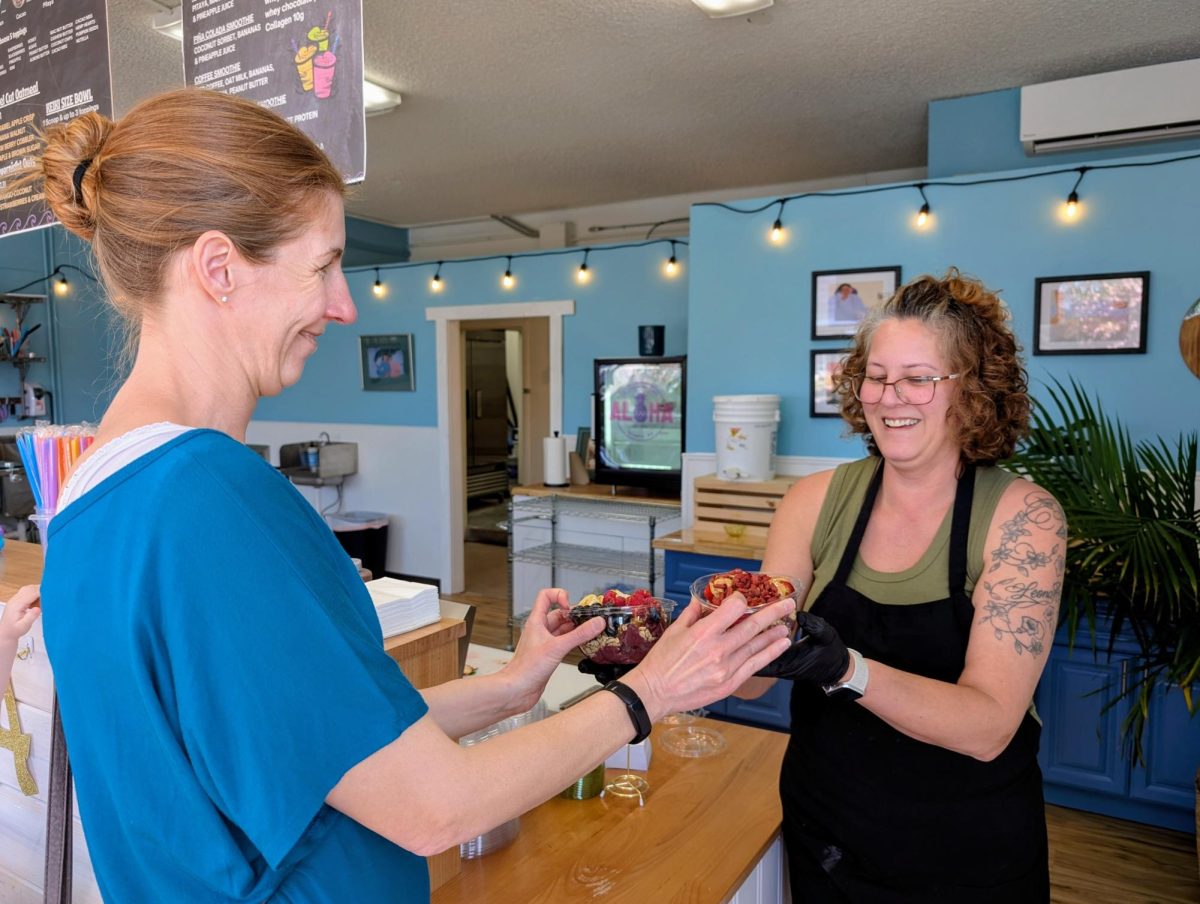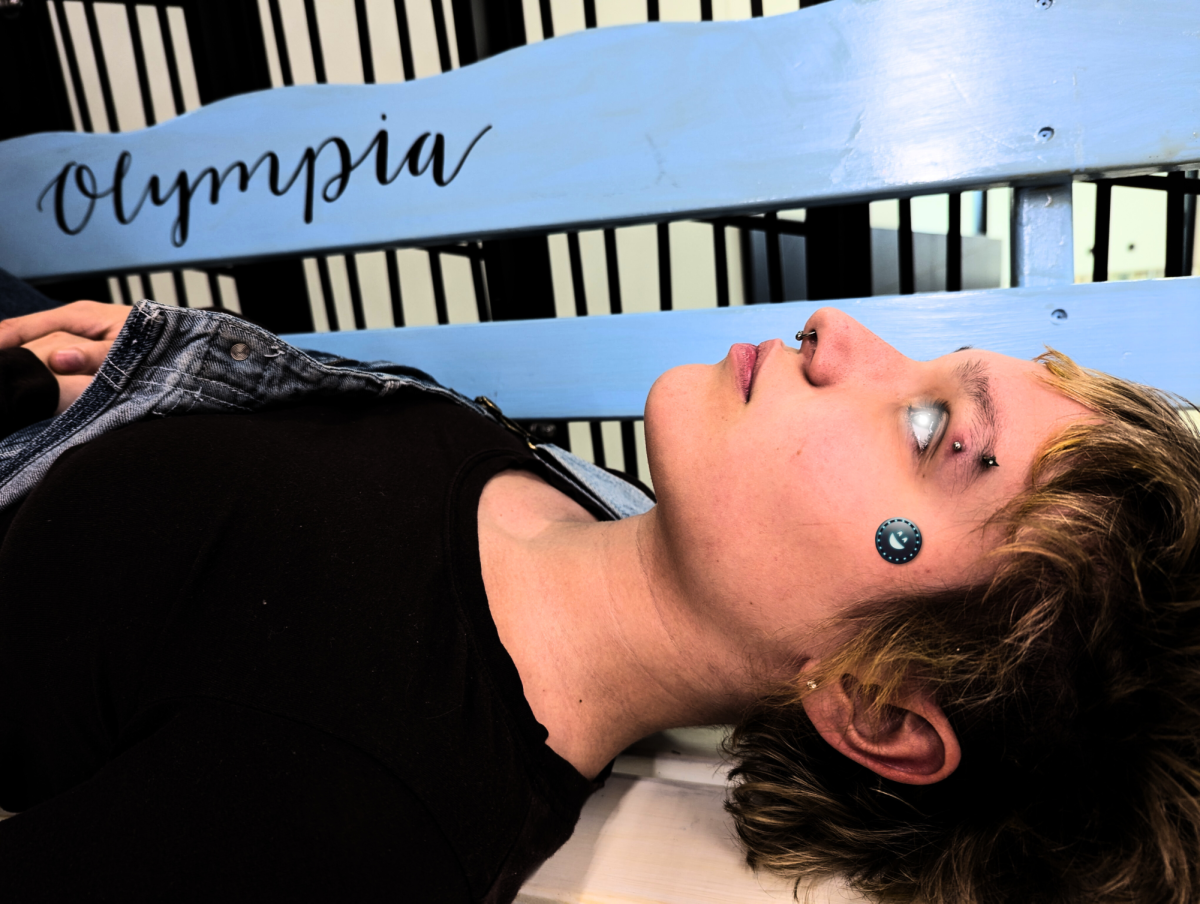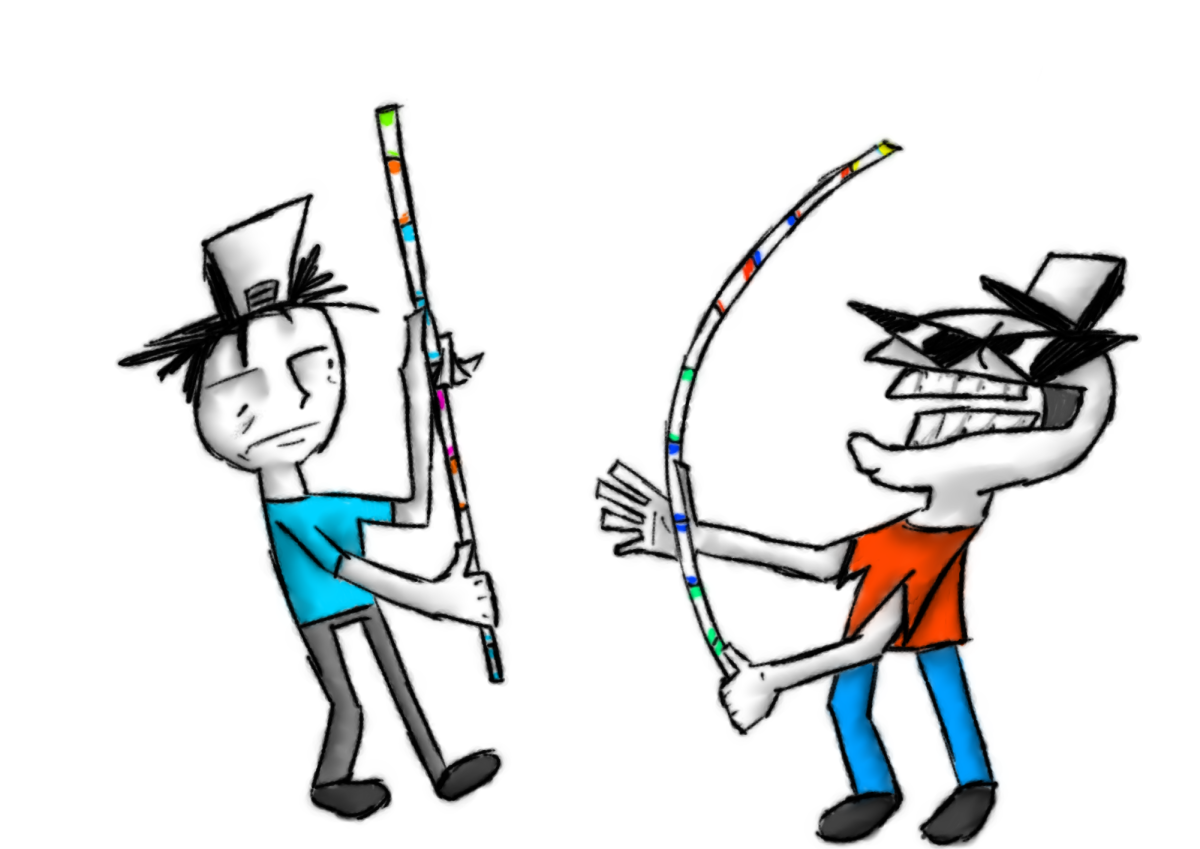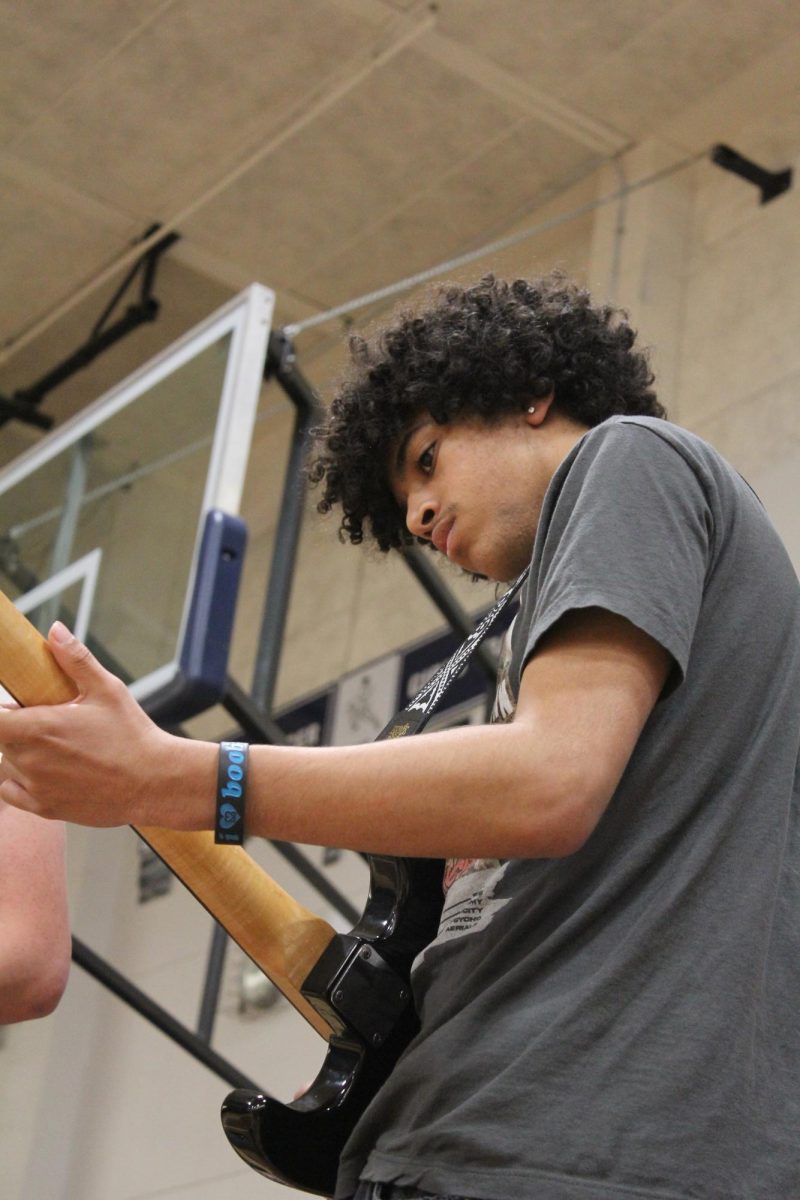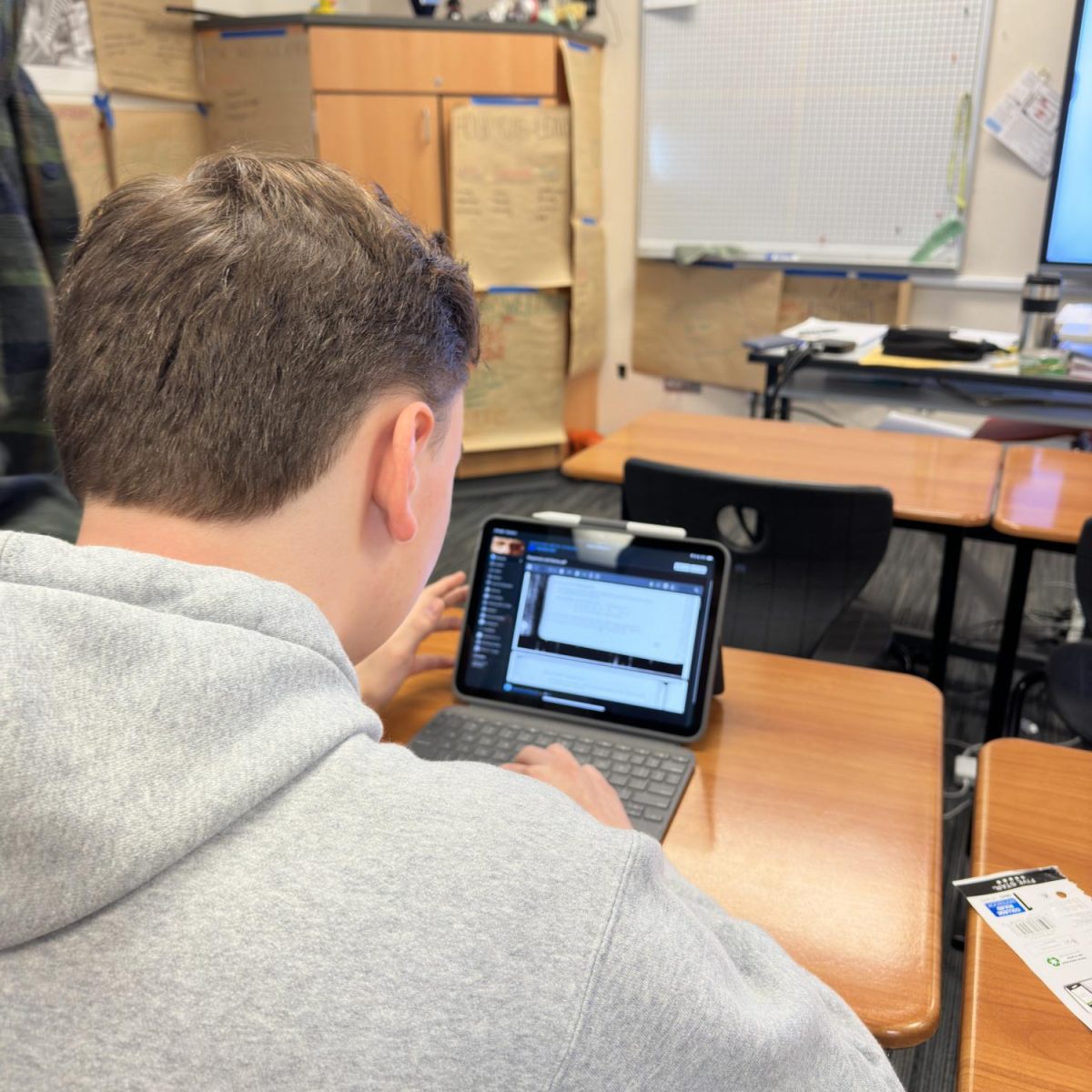Modern technology, as capable as it is, is still very variable, especially in the classroom. School-issued Chromebooks and personal technology are both used in Olympia High School classrooms. It all raises concerns about how equally technology is built.
Alternatives to the basic laptops are MacBooks, Windows machines and iPads. Of course, the point of contention is that these options are more capable in their functionality. Specifically, these computers are not subject to restrictions present on Chromebooks: messaging, downloading otherwise forbidden utilities & applications such as VPNs or games and accessing social media. A very important question for Olympia High School’s policies on equity arises.
Senior Will Daily uses his iPad exclusively for all of his schoolwork. Despite being a tablet, the market advertises many keyboard attachments that functionally transform the iPad to a laptop replacement. Daily states that “Chromebooks are especially slow, and they show their age. My iPad is simply more efficient.” Daily carries less stuff in his school bag, and has an easier time organizing his work.
The policies were first proposed in March by teachers Desi Saylors, Paul Rae and Stacy Udo. Tired of the non-stop disturbances in what is supposed to be a sacred 6 hours each day, Saylors stated “the idea is that kids will stop being distracted all the time.”
Regarding the topic of equity, Saylors expressed that the use of personal technology is completely unfair. Her values are reflected in her classroom as she has required her students to make do with the utilities on the Chromebooks, for example, taking pictures in class.
“The photos are crappy, sure, but it is usable. How is it fair that some kid’s parents can afford all this technology, and some others can’t?” Saylors questioned. She emphasized that personal laptops are permitted at present because the “school board has not passed a rule” to make them impermissible. She indicated her desire for everyone to have access to the same technology.
Daily argues that the use of personal computing is fair. “It doesn’t address the root problem, it only focuses on a symptom; which is the distraction in the classroom,” Daily says about the current policies. Daily observed that students will play computer games no matter the platform they are on, and that “they always somehow find a way.”
Whether teachers may disagree with the permittance of personal technology, students and teachers find common ground on the social effects of the rules. Daily and Saylors both have made remarks on the increased levels of socialization. “More students now are talking to each other, and sure there are people in the halls that still have their phones and earbuds but they tend to talk more,” Saylors did say.
Conversations are ongoing about the evenhandedness of the current state-of-affairs. Currently, teachers must allow personal computing in their classrooms because there is nothing saying they cannot.







